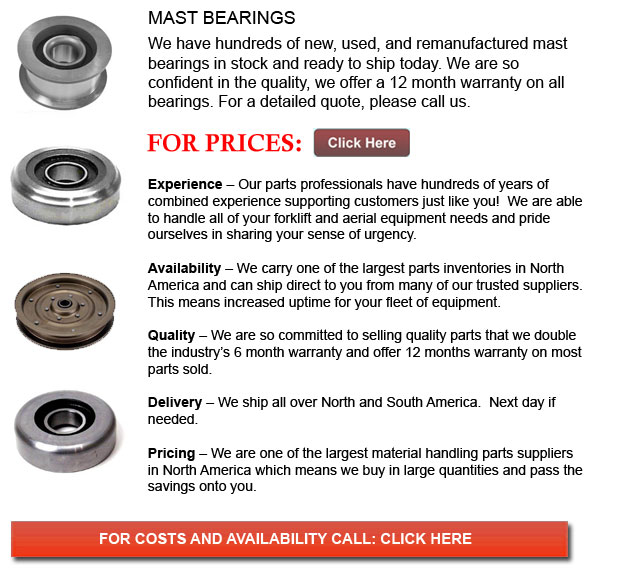
Mast Bearings - A bearing is a gadget that allows constrained relative motion between two or more parts, normally in a rotational or linear procession. They could be generally defined by the motions they allow, the directions of applied weight they could take and in accordance to their nature of application.
Plain bearings are very generally utilized. They use surfaces in rubbing contact, normally with a lubricant like for example oil or graphite. Plain bearings may or may not be considered a discrete gadget. A plain bearing may comprise a planar surface that bears another, and in this instance will be defined as not a discrete gadget. It could have nothing more than the bearing exterior of a hole together with a shaft passing through it. A semi-discrete instance will be a layer of bearing metal fused to the substrate, while in the form of a separable sleeve, it would be a discrete gadget. Maintaining the correct lubrication enables plain bearings to be able to provide acceptable accuracy and friction at minimal cost.
There are other types of bearings that can better accuracy, reliability and develop effectiveness. In various applications, a more appropriate and exact bearing could improve weight size, operation speed and service intervals, thus lessening the overall expenses of using and buying equipment.
Numerous kinds of bearings with different lubrication, shape, material and application exist in the market. Rolling-element bearings, for instance, utilize drums or spheres rolling among the components in order to lower friction. Less friction provides tighter tolerances and higher precision compared to plain bearings, and less wear extends machine accuracy.
Plain bearings can be made of metal or plastic, depending on the load or how corrosive or dirty the environment is. The lubricants which are used could have significant effects on the lifespan and friction on the bearing. For example, a bearing may function without any lubricant if continuous lubrication is not an option since the lubricants could be a magnet for dirt that damages the bearings or equipment. Or a lubricant may enhance bearing friction but in the food processing trade, it may require being lubricated by an inferior, yet food-safe lube so as to avoid food contamination and ensure health safety.
Most bearings in high-cycle applications need some lubrication and cleaning. They could require regular modification to minimize the effects of wear. Various bearings can need irregular maintenance in order to prevent premature failure, while fluid or magnetic bearings may need not much preservation.
Prolonging bearing life is often attained if the bearing is kept well-lubricated and clean, even though, several kinds of operation make constant repairs a hard job. Bearings located in a conveyor of a rock crusher for instance, are constantly exposed to abrasive particles. Frequent cleaning is of little use because the cleaning operation is costly and the bearing becomes contaminated again as soon as the conveyor continues operation.
![]() Click to Download the pdf
Click to Download the pdf
Forklift Parts
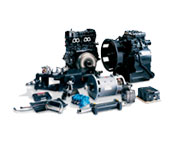
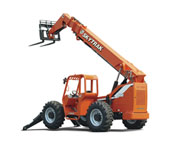
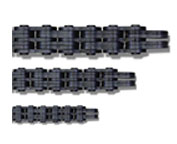
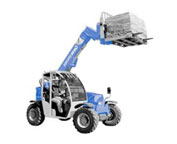
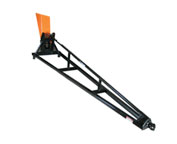
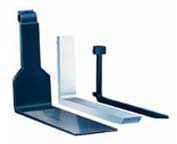
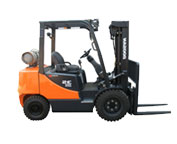
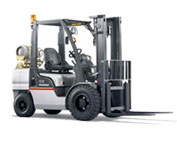
Lift Parts Express
TOLL FREE: 1-888-695-7994
Grand Rapids, Michigan
forkliftpartsgrandrapids.com
Email Us
About Us


